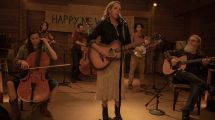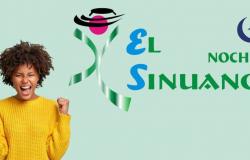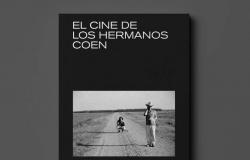Today the International Book and Copyright with the objective of promoting reading and protecting the editorial industry and intellectual property of the works. The city of Neuquén adds to this day with an interesting proposal. The Museum Paraje Confluencia. Reservoir of the Neuquina history, launched its proposal: do you dare to take a book without knowing its cover? An adventure to know authors from the first contact with paper.
From 9 to 18, those who are interested can pass through the building located in Independence and Passage Heroes of Malvinas of the capital and take a book for free. There is only one condition: “encourage you to take a book without looking at the cover.” A challenge that is undoubtedly interesting. “We give stories to promote reading and access to the book,” they announced from the capital’s museum.
But in addition, it opens the opportunity in full equity, of accessing A world of stories, stories, stories, poetry, biographies and scientific knowledge, Printed on paper that will only ask those who approach them to take them chance. And then get carried away between the pages.

“A book, a world.” The motto driven by UNESCO
Since 1988, International Book Day is a celebration promoted by UNESCeither. On June 15, 1989, it began in several countries with the aim of expanding and sustaining the habit of reading. That date was chosen on April 23, because it coincides with great world literature. That day of different years Miguel de Cervantes, Inca Garsilaso de la Vega and Shakespeare died.
-The International Editors Union proposed on April 23 to UNESCO, with the aim of promoting culture and protection of intellectual property through copyright. The UNESCO General Conference was approved on November 15, 1995, leaving this day as the International Day and Copyright.
“He World Book and Copyrightpay tribute to the books and the authors and encourage access to reading for the greatest possible number of people. Transcending physical borders, the book represents one of the most beautiful inventions to share ideas and embodies an effective instrument to fight poverty and build sustainable peace, ”is one of UNESCO’s manifestos.

The right of those who create stories
Copyright is a set of legal principles and norms that establish the patrimonial and universal benefits that all authors of literary, scientific, musical, artistic or didactic works have, for the simple fact of their creation, is published or unpublished.
«In this category are also the creators of computer programs, advertisers, publicists, film producers and other disciplines. Is considered one of the fundamental human rights In the Universal Declaration of Human Rights, ”they report from the National Commission of Popular Libraries in one of its manifestos. It is given relevance to all literary creation and the author of it.











